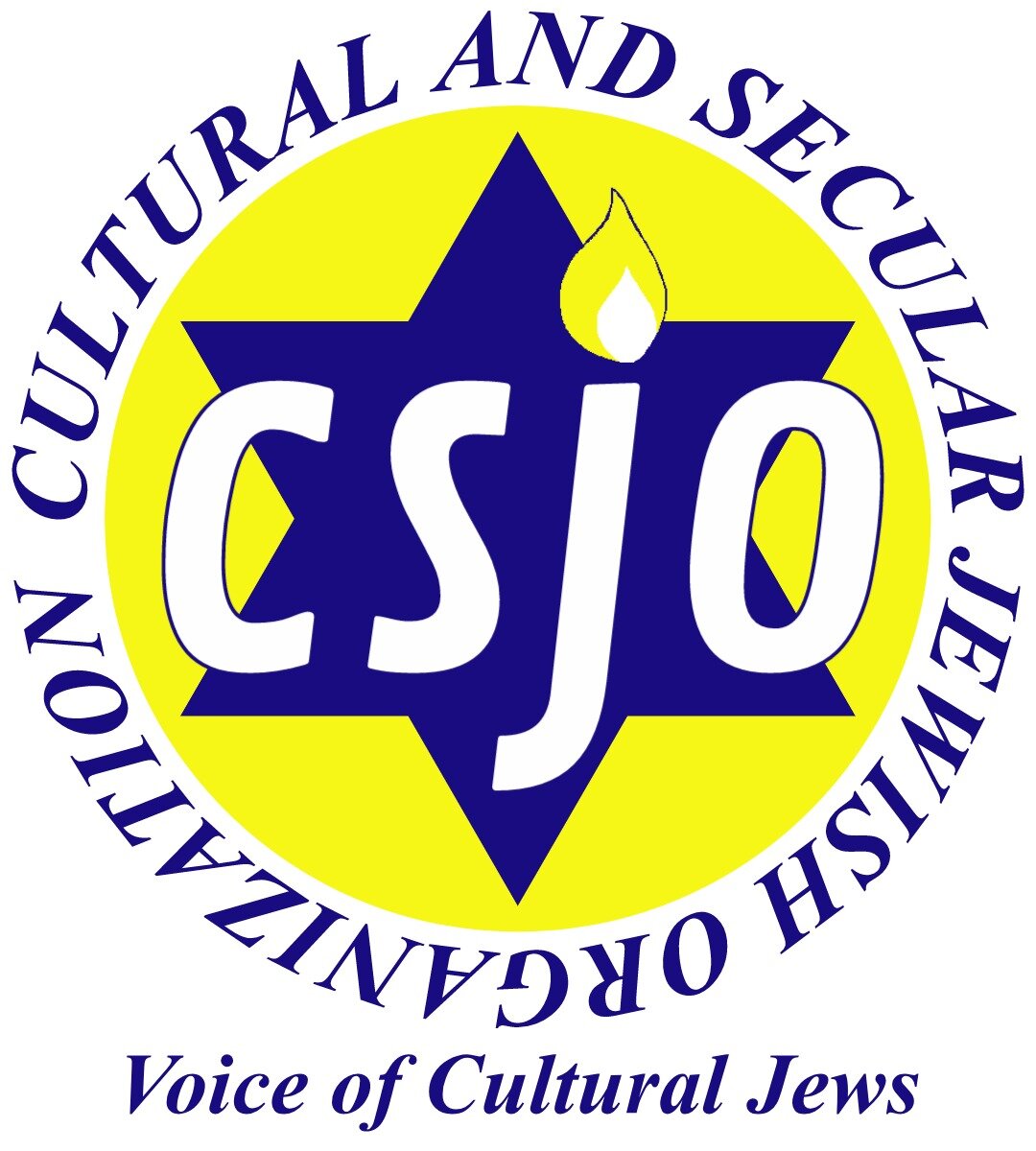By Samara Cogan
I am very lucky to be the maid of honor in my former college roommate's upcoming wedding this year. I was there through it all: the sparkly bridal fashion shows, the eardrum-popping band/DJ combos at wedding expo events, and the meetings with the florist to select the perfect shade of purple anemone for the bouquets. It was a crash course in event planning, logistics, and budgeting that I wasn't quite prepared for. But it also opened my eyes to how customizable modern weddings can be.
My friend and her fiancé decided to skip some of the more Christian, God-centric traditions for their ceremony and incorporated elements that were more meaningful for them and still reflected their values. It got me thinking: If I were planning a secular Jewish wedding ceremony for myself and a partner, what would I include? What could I do without? And most importantly, what would my family let me get away with?
Chuppah
This wedding canopy is symbolic of the new home that the couple will occupy together. Many couples decorate their chuppah with flowers and vines and draped fabric. Some chuppahs are designed to be freestanding, while others are held up by four people for the duration of the ceremony. My favorite chuppah was the rainbow flag chuppah my friends had at their seaside Maine wedding this past May.
Would I include it? Yes! I love the symbolic meaning and the way it creates a peaceful oasis for the couple. I also like that the chuppah can so easily be personalized for the couple standing beneath it.
Would my family insist on it? Yes. It would be hard to imagine my relatives not remarking on the lack of chuppah. The words "barren" and "joyless space" would be used frequently, I'm sure.
Breaking of the Glass
There has been much debate about the true symbolic meaning behind the traditional breaking of the glass at Jewish wedding ceremonies. One theory is that the breaking of the glass symbolizes the destruction of the Temple in Jerusalem. Another is that it symbolizes the fragility of relationships.
Would I include it? No. For one thing, it's a waste of perfectly good dishware. But another thing that bothers me is that the tradition is associated with the destruction of the Temple, and that the happiness of the newly married couple must be diminished because our people are still mourning the loss of the Temple. I understand that for some, that symbolism is moving, but for me, it seems excessively dreary for such a happy occasion.
Would my family insist on it? Yes, which is a bummer, but the breaking of the glass is one of the most recognizable aspects of a Jewish wedding ceremony. Its exclusion would be very noticeable. I could swap out the glass cup for a light bulb, which many people do because it makes a loud, very satisfying popping sound when smashed.
Ketubah
This marriage contract lays out the duties, responsibilities, and rights of each person entering into the union. Traditionally, the groom, the rabbi, and two male witnesses sign it and give it to the bride. A more contemporary ketubah would have the bride's signature, and witnesses of any gender could sign it.
Would I include it? Maybe. I would definitely want to make all of the appropriate legal arrangements, like a prenuptial agreement and a marriage license. So I suppose having a ketubah as well would really cover all the bases. I'm definitely not a fan of any tradition that segregates tasks and duties by gender, but the modern practice of allowing witnesses and partners of any gender sign the ketubah addresses that issue.
Would my family insist on it? I don't know. This tradition seems more private than the chuppah or glass breaking. I think I would have more wiggle room with this one to decide on my own if I wanted to include it.
Anyone who has ever been involved in the wedding planning process knows that it's not as fun as it seems. If you are able to customize your ceremony to make it personal and meaningful, it can make the stress of planning it completely worthwhile.


